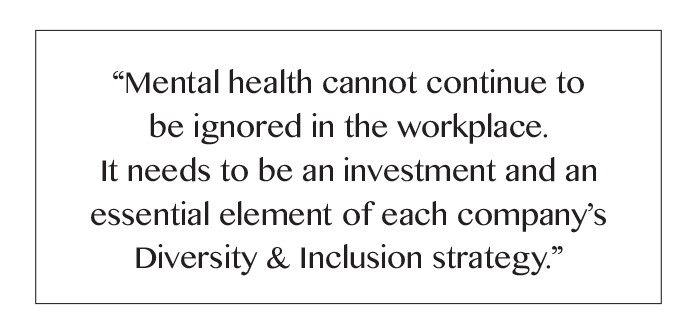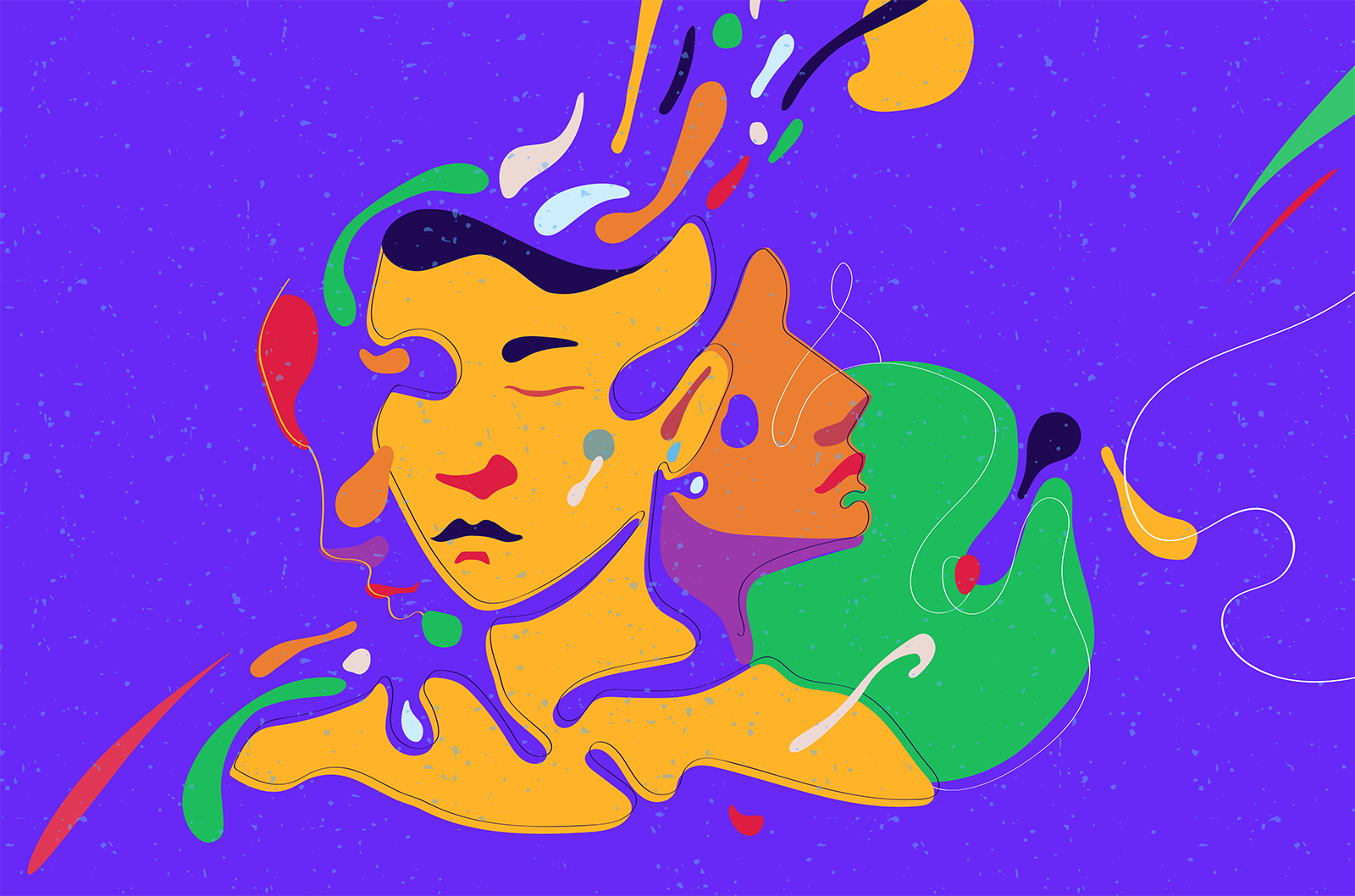In the wake of COVID-19 and after years of isolation, many communities are struggling with mental health and mental illness. July is National Minority Mental Health Awareness Month which aims to bring awareness to the unique struggles that BIPOC communities face regarding mental illness. As companies and organizations increasingly pledge their commitment to DE&I efforts, we wanted to remind everyone that this work includes providing resources and creating environments that help to ensure that employees from diverse backgrounds have access to effective mental health support.
National Minority Mental Health Awareness Month was originally named Bebe Moore Campbell National Minority Mental Health Awareness Month. Bebe Moore Campbell was an author, mother, advocate, teacher, and co-founder of NAMI Urban Los Angeles. Bebe often addressed the subjects of mental illness, stigma, and lack of treatment in her books. Before she passed away from cancer in 2006 she and colleague, Linda Wharton-Boyd worked tirelessly to have a month dedicated to promoting awareness of mental health issues in BIPOC communities and encouraging people to seek treatment.
When Campbell lost her battle with cancer, the passion Linda Wharton-Boyd, friends, family and allies had was reignited. They fought even harder to bring Bebe’s hard work to fruition. The U.S. House of Representatives named July as Bebe Moore Campbell National Minority Mental Health Awareness Month in 2008.

Mental Health Disparities
Research from the American Psychological Association (APA) revealed that 84% of U.S. psychologists are white, and the Bureau of Labor Statistics found that close to 70% of U.S. social workers and 88% of mental health counselors are white. People seek help from those they think will understand or empathize with their cultural differences and experiences.So it’s not surprising to hear that when it comes to access to mental health care in the U.S. Asian people are 51% less likely to use mental health services than whites. The Latinx community is 25% less likely, and African Americans are 21% less likely. Many factors contribute to these disparities, including, discrimination, stigma, insurance, and the lack of BIPOC providers.
The mental health disparities across the United States are alarming. Members of the LGBTQIA+ community are four times more likely to attempt suicide than their straight peers. 14 percent of Native American and Alaskan Native adults had both mental and substance abuse disorders. More than 16 percent of those who identify as African American have been diagnosed with a mental health condition.
Bebe’s Legacy
Through storytelling and resource sharing the following people have increased the dialogue around mental health, support, and treatment in BIPOC communities. Here are a few of the BIPOC creators and mental health professionals that are following Bebe Moore Campbell’s lead.
Joy Harden Bradford, aka Dr. Joy, is a clinical psychologist who’s had a tremendous impact on the mental health climate for Black women. Her blog and podcast Therapy for Black Girls help Black women address personal and systemic issues that impact their lives. Most recently, she’s developed a provider directory that makes it easier for Black women to locate mental health services across the United States.Melody Li is a Licensed Marriage and Family Therapist, and mental health liberation activist. She is also the queer Asian woman who created Inclusive Therapists. Since 2019 Inclusive Therapists have been working to decolonize and destigmatize therapy.
Sahaj Kohli is a writer, editor, mental health professional, and the founder of Brown Girl Therapy, a resource for those who hail from immigrant backgrounds. Especially for South Asians, first-gens, hyphenates, and women of color, this is a safe place to learn more about therapy and identity exploration.Monique Castro is a therapist, Xicana, a member of the Diné tribe, also known as Navajo Nation, and the founder of the Indigenous Circle of Wellness. Created in February 2018, the Indigenous Circle of Wellness seeks to provide culturally inclusive counseling and holistic healing that centers Indigenity.
Adriana Alejandre is the Licensed Marriage and Family Therapist that created Latinx Therapy, a bilingual podcast, and directory that aims to break the stigma around mental health in the Latinx community. Alejandre teaches self-help techniques as well as individual counseling and provides support to other providers as well. QTPOC Mental Health is a grassroots trans-led organization founded by Dom Chatterjee. Its mission is “creating online and offline spaces for trans & queer people of color to practice being their whole selves”. Not only has QTPOC Mental Health created a directory of intersectional mental health resources. Their QTI BIPOC Healing Space Facebook group offers virtual meetings and meditations. On their Instagram page Rest for Resistance, you’ll find affirmational posts that keep the QTPOC community inspired.Founded by Carrie Zhang The Asian Mental Health Project exists to prevent Asian individuals from the fear and guilt that are often associated with mental illness.
The CEO of the National Alliance on Mental Illness (NAMI) Dan Gillison shared in a statement: “The effect of racism and racial trauma on mental health is real and cannot be ignored. The disparity in access to mental health care in communities of color cannot be ignored. The inequality and lack of cultural competency in mental health treatment cannot be ignored.”
Mental health cannot continue to be ignored in the workplace. It needs to be an investment and an essential element of each company’s Diversity & Inclusion strategy. Every employer should see accessible, inclusive mental health care as a new priority. As BIPOC employees can face microaggressions, unconscious bias, and other stressors at work that impact their mental health.


